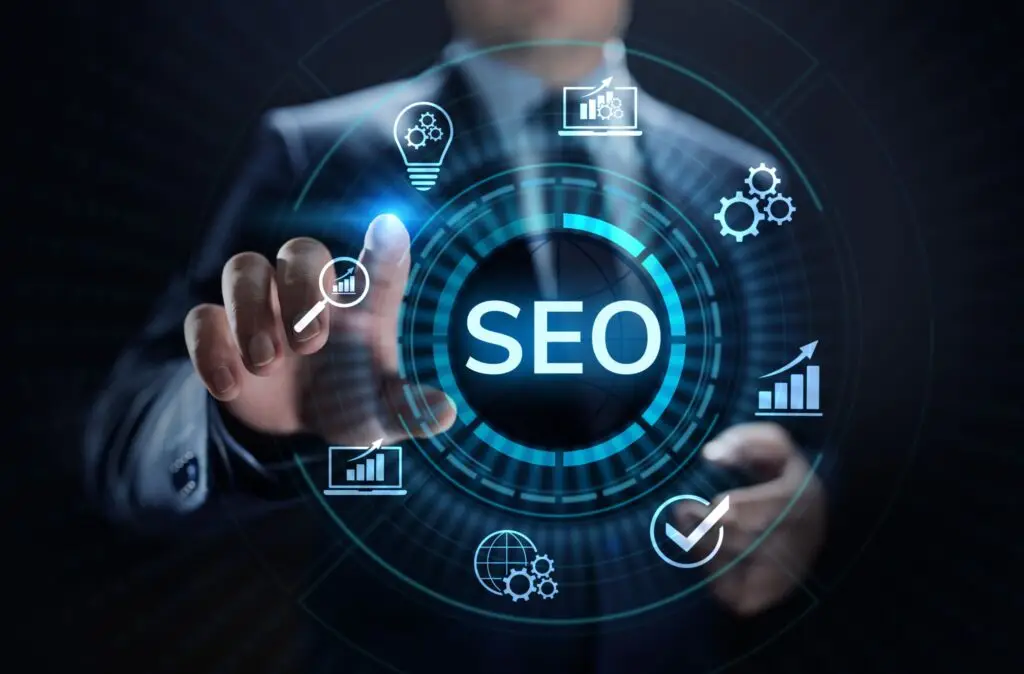
SEO (Search Engine Optimization) is the practice of optimizing a website to improve its visibility and ranking on search engine results pages (SERPs) for relevant keywords or phrases. The goal is to increase organic (non-paid) traffic to the site, making it more likely for users to find the website when searching for topics related to the business or services.
Increased Visibility and Traffic: The majority of online experiences start with a search engine. SEO helps a website rank higher on search results, leading to more visibility. A higher ranking increases the likelihood that users will click on the site, leading to more visitors.
Better User Experience: Part of SEO involves improving the usability and structure of a website. This can make a website faster, mobile-friendly, and easier to navigate—enhancing the overall experience for users.
Cost-Effective Marketing: Unlike paid advertising (such as PPC), SEO targets organic traffic. While SEO requires time and investment, it is often a more cost-effective long-term strategy for generating traffic compared to paid campaigns.
Builds Credibility and Trust: Websites that rank high on search results are often viewed as more trustworthy and credible by users. SEO helps establish this trust through relevant content, secure browsing, and positive user experiences.
Competitive Advantage: Many businesses operate in competitive markets. SEO helps a website stand out from its competitors by securing better rankings for important keywords. Without SEO, a business might lose out to competitors who are optimizing their websites better.
Higher Conversion Rates: Websites that are optimized for search engines often have better conversion rates. When users find your website through a relevant search, they are more likely to convert, whether it’s making a purchase, signing up for a service, or filling out a contact form.
Local SEO for Local Business: For businesses that cater to a specific geographic area, local SEO strategies ensure they appear in search results for location-based queries. This is vital for attracting local customers and increasing foot traffic or local sales.
Long-Term Results: Unlike paid ads that stop working as soon as you stop funding them, SEO builds cumulative results over time. While it takes time to see significant improvements, the effects of SEO can last for months or even years, providing long-term benefits for a website.
In summary, SEO is essential because it helps a website attract more relevant visitors, improve its ranking on search engines, enhance user experience, and ultimately contribute to business growth. For a client, it is a crucial part of digital marketing that drives organic traffic and supports long-term business success.